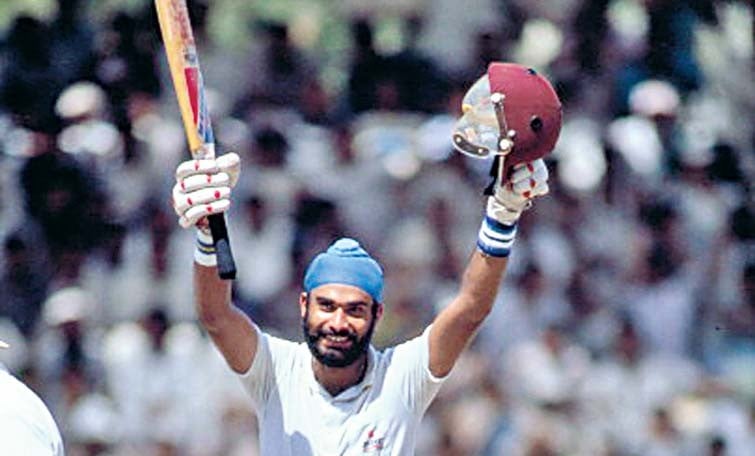
It is time our government realised the power of sports in developing the national character and addressing social and economic issues

US president Gerald Ford once remarked: "Outside of a national character and an educated society, there are few things more important to a county’s growth and well-being than competitive athletics. If it is cliché to say that athletics build character as well as muscle, then I subscribe to the cliché."
The above statement was given by Gerald Ford in 1985. The subject of sport sociology had not evolved by mid-eighties, nor had Bill Gates unfolded his vision of Chicken and Egg.
Unfortunately we are still living in the notions of the past. We keep hoping against hope that some sports champion will take birth in Nawan Killi or Mianwali and conquer the world with the power of his muscles.
Our sports policy makers hardly agree that sporting achievement is a matter of hard work, determination, and practice under focused and scientific coaching. Instead they look for God-gifted talent.
Sports not only produce champions, but also develop motor skills, life skills and above all character of individuals and nations.
Homo Ludens: A study of the Play-Element in Culture by John Huizinga is a seminal study of play and its relations to various expressions of human culture, war and poetry.
In his book "Truth and Method" the great German Philosopher Hans-Georg Gadamer puts forward the view that art is a form of play and sport is part of performing art. Randolph Feezell’s book "Sports, Character and Virtue" shows the path of developing different traits and virtues through participation in programmed sports.
Influenced by all historians and philosophers come the modern concepts of sports education and using sports for developing national characters as practised by Olympic speed skater, Johann Olav Koss from Norway. Johann was trained as a physician at the University of Queensland in Austria. He founded Right to Play International which operates in more than 20 low-HDI countries and reaches more than one million children every week in the most disadvantaged areas to teach children by using sports.
The recent opening of Gurdawara Darbar Sahib Kartarpur in district Narowal is a success story of reflecting the characters of three outstanding sportsmen: Pakistan’s current PM and former cricketer Imran Khan, Indian batsman-turned-politician Navjot Sidhu and General Qamar Javed Bajwa, who is an ardent sportsman.
This opening of Darbar Sahib in Narowal was the display of power of sports. It showed that sports can resolve longstanding issues between nations which couldn’t be addressed effectively with routine diplomatic efforts.
It is time our government realised the power of sports in developing the national character and addressing social and economic issues by giving the right sports policy that can shape the future of millions of youth in developing their characters and providing decent job opportunities in sports.
Let’s broaden our vision and try to look beyond chicken and egg theories, but the solutions will not stem from ex-sportsmen. The government will have to contact sport sociologists and educationists to put up a draft sports policy with clear solutions, addressing our deep-rooted sports issues in a holistic manner.